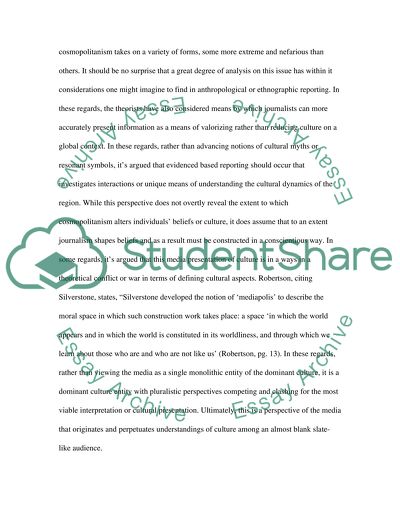Cite this document
(“A Perspective on Cosmopolitanism in Media Research Paper”, n.d.)
A Perspective on Cosmopolitanism in Media Research Paper. Retrieved from https://studentshare.org/media/1421064-media-and-cosmopolitanism-essay-presentation
A Perspective on Cosmopolitanism in Media Research Paper. Retrieved from https://studentshare.org/media/1421064-media-and-cosmopolitanism-essay-presentation
(A Perspective on Cosmopolitanism in Media Research Paper)
A Perspective on Cosmopolitanism in Media Research Paper. https://studentshare.org/media/1421064-media-and-cosmopolitanism-essay-presentation.
A Perspective on Cosmopolitanism in Media Research Paper. https://studentshare.org/media/1421064-media-and-cosmopolitanism-essay-presentation.
“A Perspective on Cosmopolitanism in Media Research Paper”, n.d. https://studentshare.org/media/1421064-media-and-cosmopolitanism-essay-presentation.


